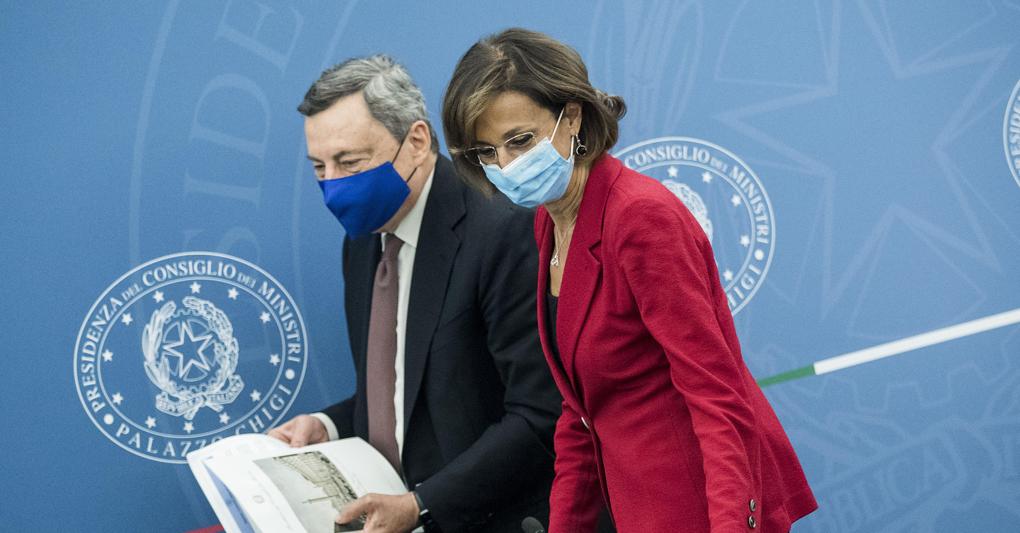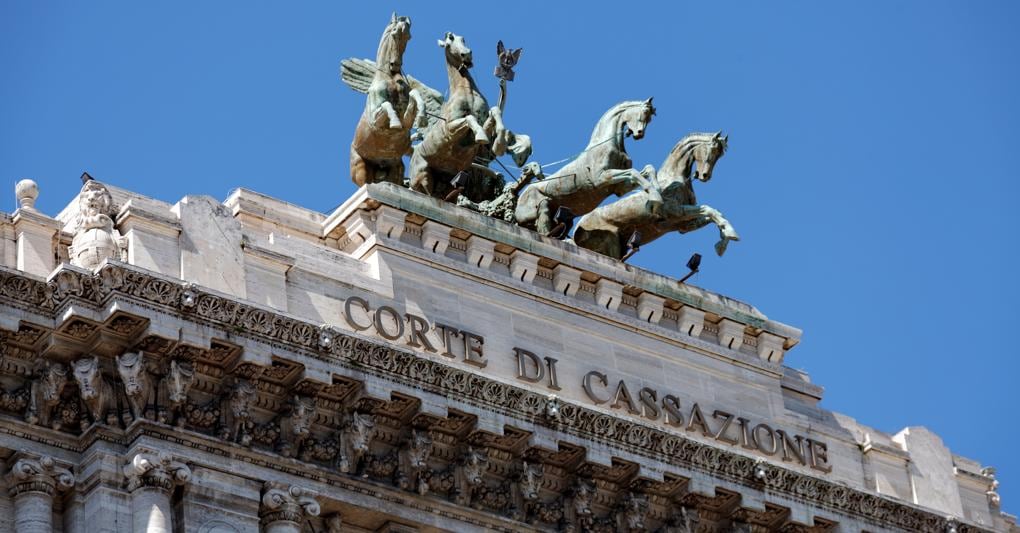Instead of predicting a “tougher” 2023, she now expected an “improvement” in the second half of the year and into 2024.
Positive data from Europe and the US in recent weeks, on top of the relaxation in China of strict pandemic controls, has boosted hopes that the world’s economy will avoid a recession this year.
Mr Liu, too, predicted that China’s growth this year would “most likely return to its normal trend”, driven by policies to expand domestic demand – which could be good news for Australian exports – while “keeping prices and jobs stable”.
He also said China’s COVID-19 outbreak, which infected hundreds of millions of people when Beijing abruptly abolished restrictions on December 7, was under control.
“China has passed the infection peak. Members of society have returned to normal,” he said. “The time span between the infection peak and the return to normal was short, which exceeded our expectations.”
Mr Liu’s comments reinforced signals coming out of Beijing over the past month that it would adopt market-friendly policies and take a less hostile approach with trading partners such as Australia. China has already signalled it would lift restrictions on Australian coal and seafood.
The Australia China Business Council said many of its members were planning to visit China in coming months. A formal delegation of business leaders is also expected to visit China in March after the annual National People’s Congress.
“They [Australian exporters] want to reconnect with their customers and partners as part of a process of assessing the China market as it emerges from the pandemic, and identifying and managing future risks appropriately,” David Olsson, president of the Australia China Business Council, said.

BHP boss Mike Henry speaking at the World Economic Forum in Davos.
‘Unlikely to be a strong rush back’
However, he said exporters would be wary about re-engaging with China, which slapped sanctions on $20 billion worth of Australian goods following a diplomatic spat with the former Morrison government.
“Australia’s exporters still see China as a market of immense opportunity in the medium and long term. They are keen to re-engage with Chinese buyers but the lessons of the last few years mean that there is unlikely to be a strong rush back, with many wary of over-reliance on one market,” Mr Olsson said.
Investors welcomed Mr Liu’s upbeat pitch to the international business community at a time when confidence in the world’s second-largest economy had been eroded by Mr Xi’s excessive COVID-19 controls and a crackdown on technology companies and property developers. Australian Treasurer Jim Chalmers this week said China’s slowdown was “one of the major economic challenges facing Australia”.
“Liu He’s comments addressed market concerns on policy uncertainties around the property sector and common prosperity, and should help further restore confidence of investors,” Goldman Sachs analysts said on Wednesday.
“As the economy recovers further from the peak of Covid infections, we expect the broad activity growth to rebound from weak levels in late 2022.”
Australia, which relies heavily on Chinese demand for its major exports, had been particularly concerned about Beijing’s increasing focus on ideology over the economy over the past year. Treasurer Jim Chalmers said this week that China’s slowing growth was “one of the major economic challenges facing Australia” this year.
While the tone of his address at Davos was cordial, Mr Liu also chided Western central banks for raising interest rates to the point where they were damaging the world’s economic prospects.
His outlook for the Chinese economy received the backing of former prime minister Kevin Rudd. Australia’s next ambassador to Washington ambassador told a Davos panel that China could probably get back to growing at 5 per cent this year – but only if it could ride out domestic and international “headwinds”.

Former prime minister Kevin Rudd speaking at the World Economic Forum in Davos.
Mr Liu, who last addressed Davos in 2018, also said that China’s property sector had been given a massive liquidity injection, or “blood transfusion”, and that risks lurking within top real estate developers had been addressed. Restrictions imposed to prevent overheating were now being lifted so that the industry could expand.
Although Beijing can spur domestic demand, Mr Rudd noted that China’s recovery would be “export-challenged”.
Trade “will not be as strong a driver for China’s own domestic growth performance as perhaps some Chinese economic planners would want”, he said.
‘Cold war mentality’
Mr Liu seemed to blame this on Western central banks’ sharp interest-rate increases, saying “some countries have chosen the policy that will likely result in a hike-recession-recovery loop”.
“We call for more attention to the negative spillover effect of major countries’ rate hikes on the emerging markets and developing countries, so as not to add more to debt or financial risks,” he said.
He said the current bout of inflation was driven by a more complex set of factors, requiring more than just interest rate increases that would damp demand.
“Supply-side measures are also needed to repair the supply chains and preserve energy and food security,” he said.
He said addressing these issues would require global co-ordination, and warned against cleaving to “a cold war mentality” – a reference to the United States’ geopolitical and economic competition with China.
Mr Rudd said the strategic competition between Washington and Beijing could influence their economies’ trajectory this year.
“If China and the United States can keep geopolitics within a certain equilibrium, then we should see reasonable growth. If they don’t, that will act as a global headwind,” he said.
If China could get back to 5 per cent growth, Mr Rudd said, it would “underpin much global growth for the year to come”.
He also flagged a possible visit to Hong Kong and potentially Beijing next month, in a last trip as head of the Asia Society before taking up his diplomatic post in Washington.
Note: This article have been indexed to our site. We do not claim legitimacy, ownership or copyright of any of the content above. To see the article at original source Click Here













